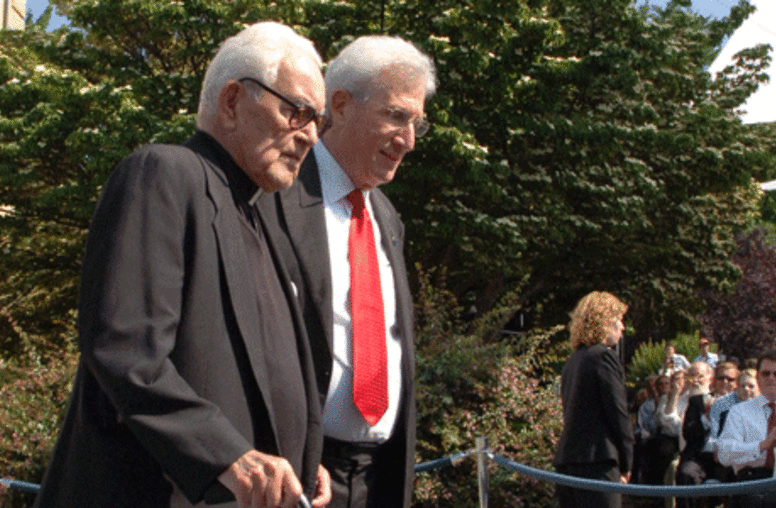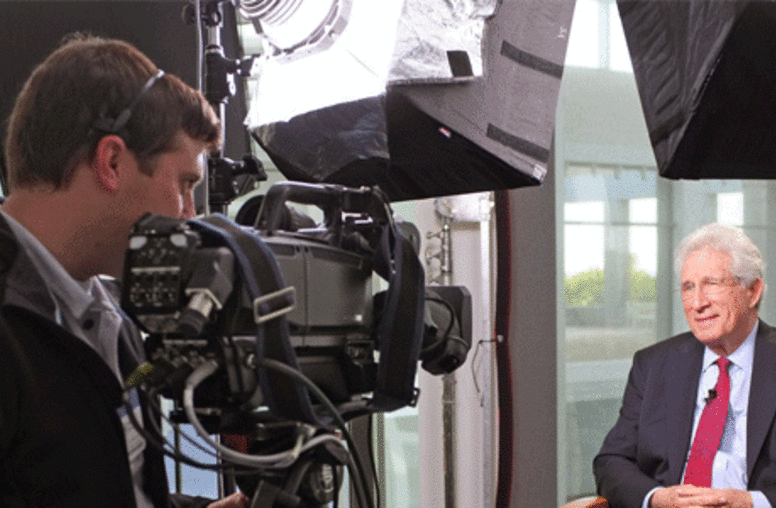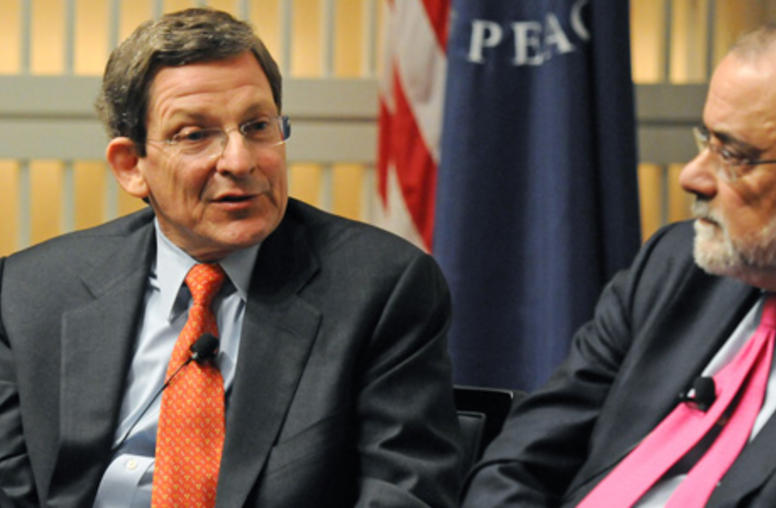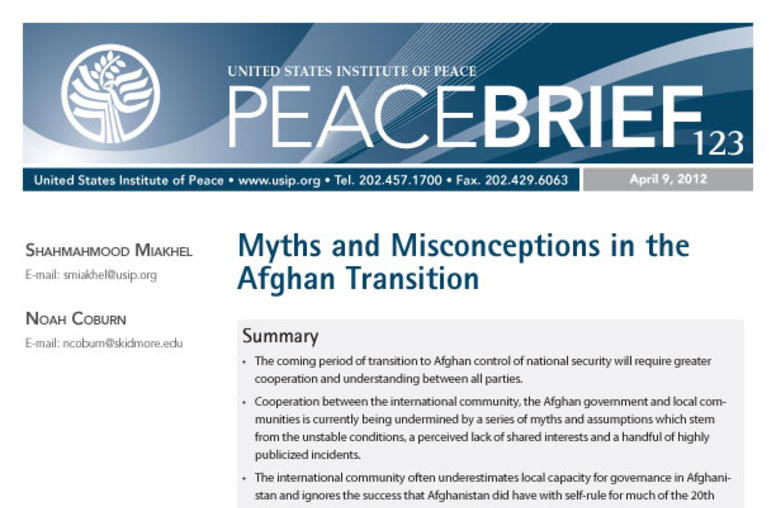Publications
Articles, publications, books, tools and multimedia features from the U.S. Institute of Peace provide the latest news, analysis, research findings, practitioner guides and reports, all related to the conflict zones and issues that are at the center of the Institute’s work to prevent and reduce violent conflict.

The U.S.-Pakistan Relationship: Three Pollsters' Views
Pakistanis who live along the country’s western border care far less about national security issues and extremism within their borders than many American experts and policymakers think, according to new poll data that hints at what may contribute to the complex relationship between the two countries. Taken broadly, the data show a disconnect between the U.S. and Pakistan over how each country views issues that are central to politics and policy in both countries.
What Does North Korea's Ballistic Missile Test Tell Us about the Reclusive Country?
John Park, a senior program officer who directs USIP's Korea Working Group, examines what North Korea's planned long-range missile test reveals about the hermit nation and what the after effects will be for the key parties.

USIP and Indiana: Partners in Training for Peace
At the Indiana Regional Training Institute known as Camp Atterbury, civilians train for deployment to Afghanistan to work in defense and interior ministries. Part of that training is conducted by the United States Institute of Peace, which has its own training Academy for conflict management and works with the Pentagon through the Ministry of Defense Advisers (MoDA) Training Program, which provides Department of Defense (DoD) civilian experts with tools and approaches for effective mentoring ...

USIP at Home
The United States Institute of Peace is actively educating and training students, teachers, U.S. military personnel and seasoned practitioners at home about preventing and managing conflict. USIP experts travel throughout the nation to share and discuss strategies related to peacebuilding. USIP partners with domestic institutions to build America’s capacity for conflict management.
Examining the Prospects for Iran Nuclear Talks
Talks between Iran and a group known as the P5 plus 1 (the five United Nations Security Council permanent members plus Germany) on Iran’s nuclear programs are expected to begin on April 14 in Istanbul, Turkey. The resumption of negotiations might represent an important juncture in the long saga of international efforts to restrain and verify the nature of Iran’s nuclear efforts, which Tehran contends is intended to develop energy sources and conduct research but which the United States and ot...
Ongoing Syria Violence Dashes Hopes for Peace Plan
Syrian forces continued to pound cities across the nation, despite a United Nations-brokered peace plan that was to end violence in the 13-month anti-government uprising. According to the U.N. plan, Syrian forces were to pull back from cities by April 10, and a ceasefire would go in effect on April 12.

Washington Journal Goes Live from USIP
C-SPAN’s “Washington Journal” aired live from USIP’s headquarters on April 10. USIP President Richard Solomon, along with Andrew Wilder and Steven Heydemann, discussed the Institute’s cost-effective role in conflict zones across the globe.

The Afghan Peace Process, Transition and the To-Do List for The U.S.
USIP Hosts SRAP Ambassador Marc Grossman for a Conversation on Prospects for Peace in Afghanistan

Myths and Misconceptions in the Afghan Transition
The authors have worked for many years in the Kabul office of the United States Institute of Peace in Afghanistan on local governance and rule of law projects. Shahmahmood Miakhel is USIP's Country Director in Afghanistan. From 2003-2005 he was deputy minister of the Interior. Noah Coburn is a political anthropologist focusing on informal justice in Afghanistan and is currently teaching at Skidmore College. He has been conducting research in Afghanistan since 2005 and is the author of "Bazaar...
USIP Briefs Air Force LtGen. Richard Y. Newton III
USIP briefed Air Force Lieutenant General Richard Y. Newton III. The briefing outlined USIP’s efforts to promote dialogue between India and Pakistan and ease tensions in the volatile Kashmir region; to harness the power of technology for crisis mapping, humanitarian response, and interagency coordination; and USIP’s training programs.